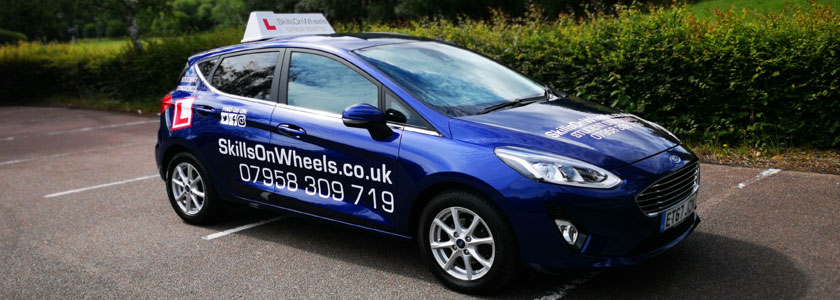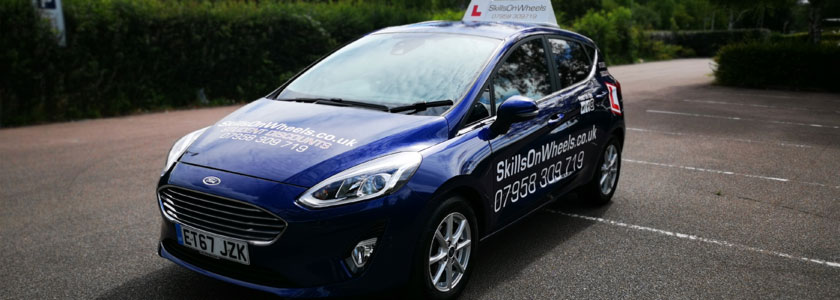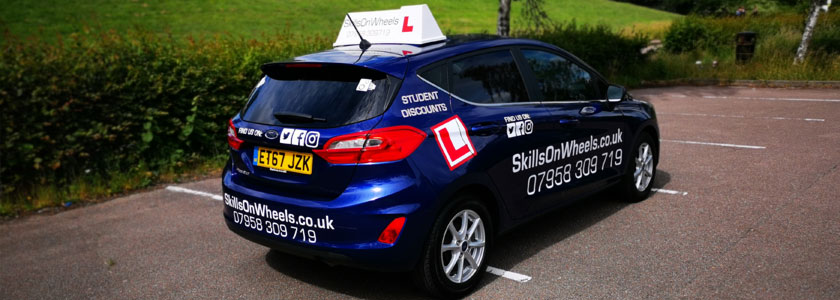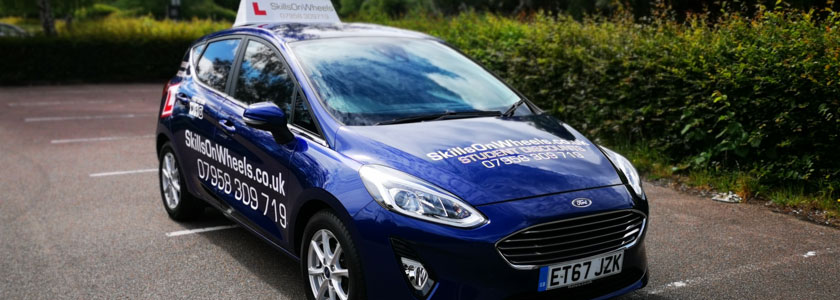Useful Information - The Highway Code & Driving Law
For those who live in England, Scotland or Wales, the DSA's Highway Code applies to you. The Official Highway Code, which was revised in 2007, should be read and adhered to by all road users.
However, these laws apply to pedestrians just as much as they do to drivers and cyclists. The code aims to protect the more susceptible roads users, such as children, the elderly and horse riders.
Many people don't know that a vast majority of the rules within the code are in fact legal specifications and to break them constitutes a criminal offence. It's also worth noting that the Highway Code can be used as evidence in court proceedings under the Traffic Acts and various driving laws.
Know your code!
It's essential that you're familiar with the code's many rules. This understanding will help everyone when preparing for a driving theory test and practical driving test, as well as collectively reducing road accidents and casualties.
The DSA has a host of invaluable information and tips online relating to The Highway Code, including 'The Official DSA Guide to Driving - the essential skills' and 'The Official DSA Guide to Riding - the essential skills' - material that all new drivers should have at home. Here are some key elements and tips from the code:
- Be prepared to stop at traffic control systems, road works, pedestrian crossings or traffic lights as necessary.
- Try to anticipate what pedestrians and cyclists might do. If pedestrians, particularly children, are looking the other way, they may step out into the road without seeing you.
- Slow down and hold back if a road user pulls out into your path at a junction. Allow them to get clear. Do not over-react by driving too close behind to intimidate them.
- Do not treat speed limits as a target. It is often not appropriate or safe to drive at the maximum speed limit.
- Do not play loud music while driving (this may mask other sounds).
- Avoid inserting a cassette or CD or tuning a radio while driving.
For further information on the Highway Code visit www.direct.gov.uk
Driving Law
There are too many British driving laws to comprehensively list here. However, we would recommend visiting the DSA's website or reading The Highway Code to familiarise yourself fully with each driving law.
These driving laws correspond to all roads that exist in the UK, and within them a 'road' is defined as: 'Any highway and any other road to which the public has access and includes bridges over which a road passes'.
Many people don't know that the law's interpretation of a 'road' also includes cycle and footpaths, as well as bridleways and car parks.
Take notice of the laws!
Again this explains the profusion of laws today, with many sub-acts that apply to specific public places. A number of the more serious laws, such as drinking and drug-driving related offences, can also apply to public places. For example, drink-driving in a car park is illegal and could result in points on your licence, a fine, a driving ban and possibly even imprisonment.
For further information on the UK's driving laws visit www.direct.gov.uk
« Go back to Useful Information
All prices correct at time of publishing, we hold no responsability for incorrect pricing
Feels like forever ive been learning to drive but each lesson is always fun and simons worked hard to fit lessons in and teach me everything he can, lessons are always a laugh and simon always remains professional.
Nicole, Hoddesdon






